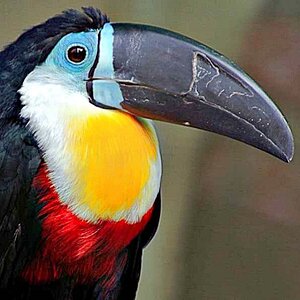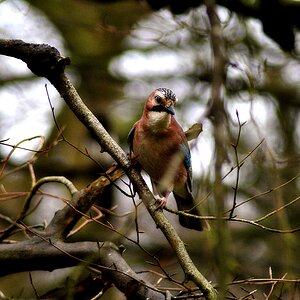LK_Nature_Photography
No longer a newbie, moving up!
- Joined
- Feb 8, 2018
- Messages
- 211
- Reaction score
- 181
- Location
- Germany - Baden Würtemberg
- Website
- www.facebook.com
- Can others edit my Photos
- Photos OK to edit
Hello everybody! Is there someone who works as a full-time wildlife photographer?
It´s my dream to become a wildlife photographer... I don´t know where to start.
I have a full-time job but every weekend I´m somewhere in the wild trying to get some good shots. I have a wife too, so when the weekend comes one day is for my wife and the jobs that I have at home and the other day is for wildlife photos. I have a few questions because I feel I´m stuck and I´m not moving forward.
1. I want to make a portfolio site at the end of this year. Now I still gathering good shots. I need this, right?
2. Is it a good idea to sell pictures on stock sites? To have a passive income.
3. I started a YouTube channel to share my adventures, sharing my experience, tips... One day maybe it will be as a second passive income.
3. Write a book with lots of wildlife pictures? What kind of a book?
4. Make wildlife workshops? Maybe after a few years when I´m already experienced wildlife photographer...
Is this how it goes? How can I make a living out of it? How can I get to the point when I can leave my stupid job and be a wildlife photographer? If somebody has good ideas or have his own story, please help me out, I feel like I´m not doing it right.
My next bigger plan is to go to Serbia on a 3-day expedition in the wild to shoot the white-tailed eagle (Haliaeetus albicilla) and the black stork (Ciconia nigra) and all other interesting wild animals. This expedition will be here: Google Maps
It´s my dream to become a wildlife photographer... I don´t know where to start.
I have a full-time job but every weekend I´m somewhere in the wild trying to get some good shots. I have a wife too, so when the weekend comes one day is for my wife and the jobs that I have at home and the other day is for wildlife photos. I have a few questions because I feel I´m stuck and I´m not moving forward.
1. I want to make a portfolio site at the end of this year. Now I still gathering good shots. I need this, right?
2. Is it a good idea to sell pictures on stock sites? To have a passive income.
3. I started a YouTube channel to share my adventures, sharing my experience, tips... One day maybe it will be as a second passive income.
3. Write a book with lots of wildlife pictures? What kind of a book?
4. Make wildlife workshops? Maybe after a few years when I´m already experienced wildlife photographer...
Is this how it goes? How can I make a living out of it? How can I get to the point when I can leave my stupid job and be a wildlife photographer? If somebody has good ideas or have his own story, please help me out, I feel like I´m not doing it right.
My next bigger plan is to go to Serbia on a 3-day expedition in the wild to shoot the white-tailed eagle (Haliaeetus albicilla) and the black stork (Ciconia nigra) and all other interesting wild animals. This expedition will be here: Google Maps


![[No title]](/data/xfmg/thumbnail/37/37605-90c8efaef5b7d1f52d4bf8e7dfd33673.jpg?1619738148)

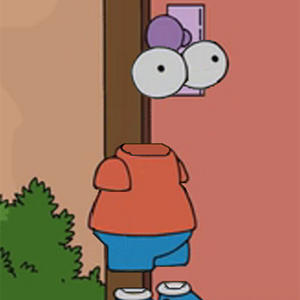
![[No title]](/data/xfmg/thumbnail/37/37094-a3c300cd42f78d01d01fe80c1233002e.jpg?1619737881)
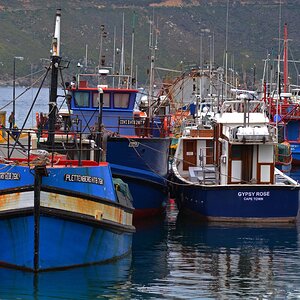

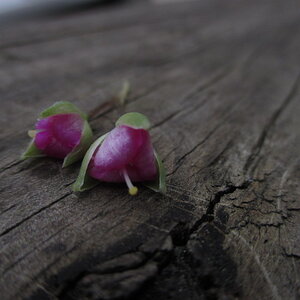
![[No title]](/data/xfmg/thumbnail/37/37604-7ad625e983f92f880eb65a264eeef5e4.jpg?1619738148)

